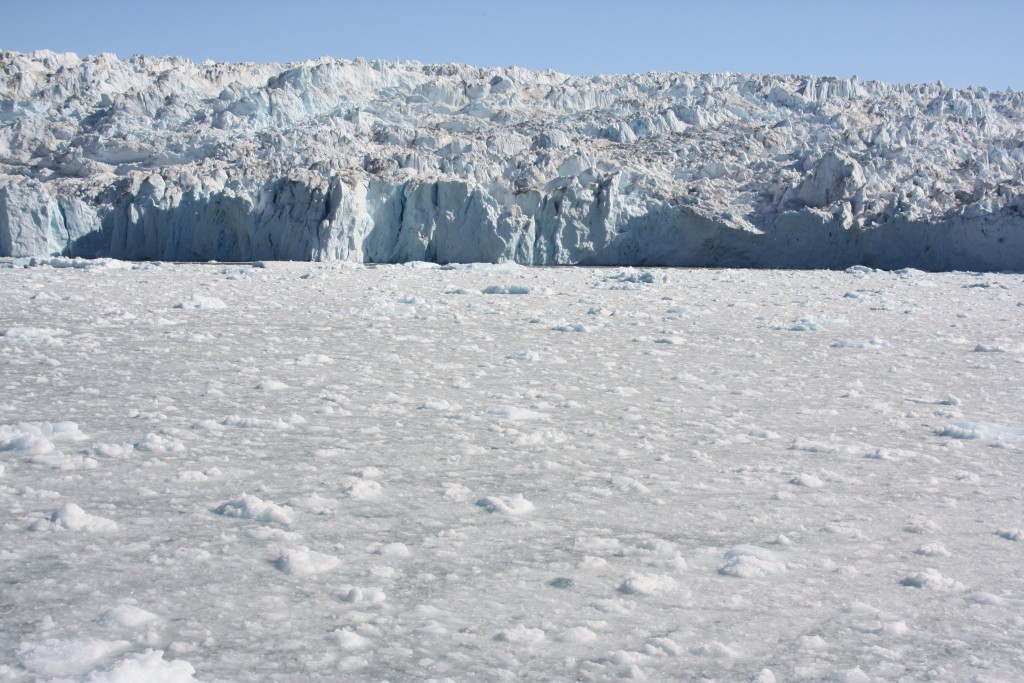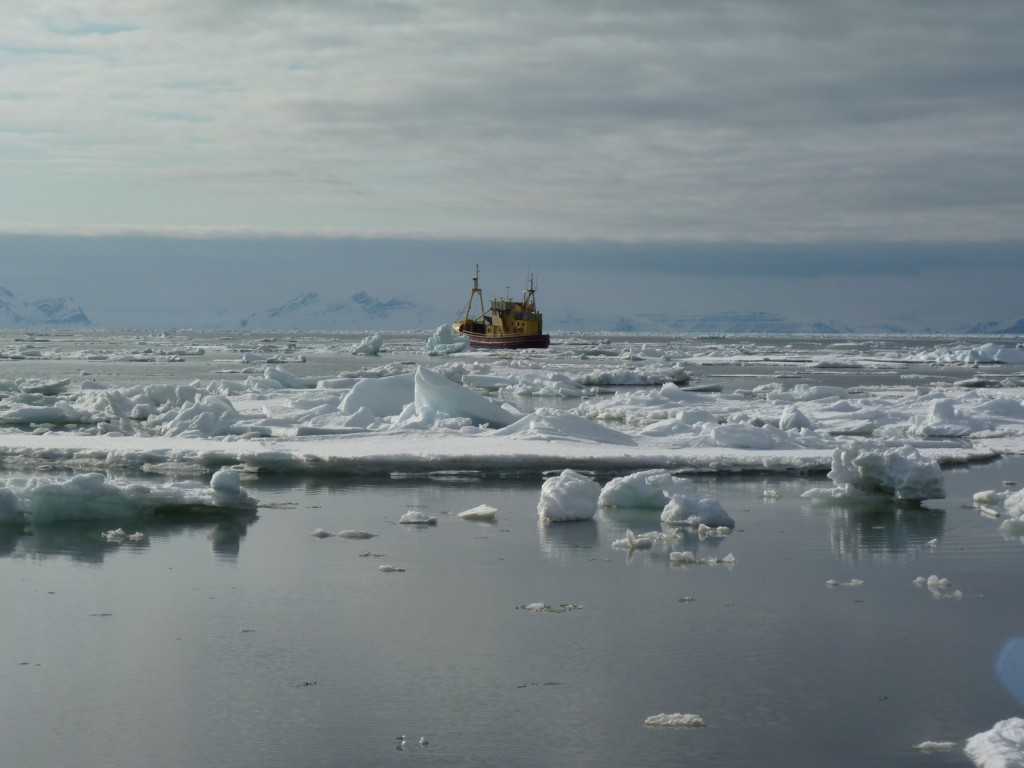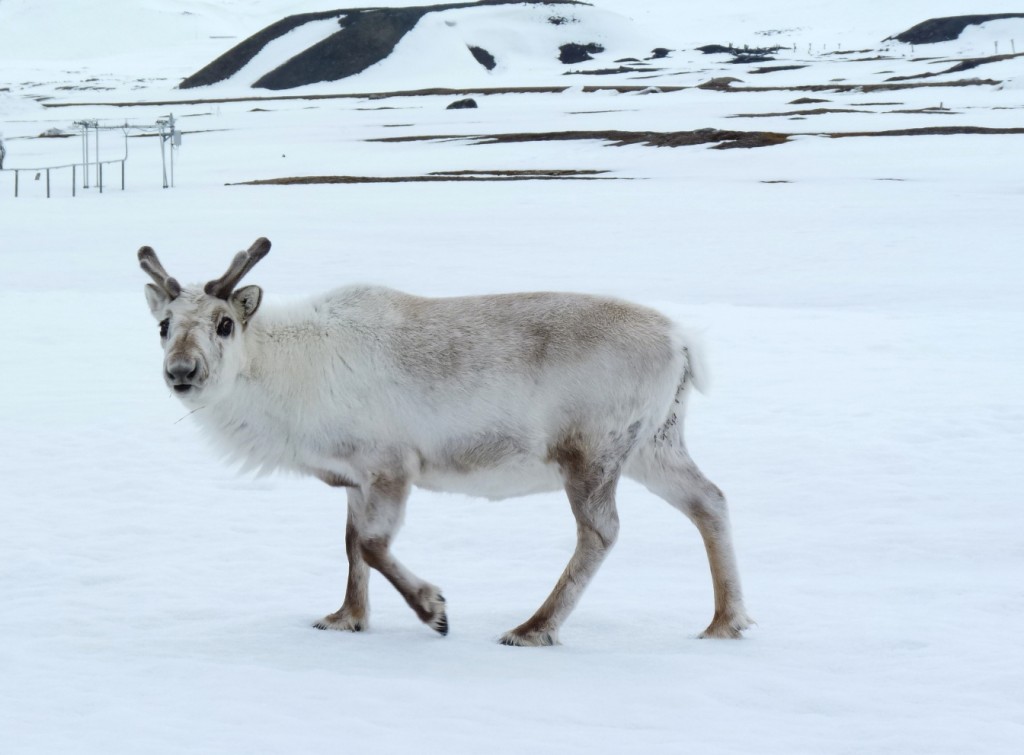Arctic climate: positive narrative?
As 2015 draws to a close, the NOAA report card on the state of the Arctic and a substantial new study on the Greenland ice sheet belie the myth that the Paris climate conference has put us on track for averting the worst climate change impacts. NOAA confirms that the Arctic experienced record air temperatures and a new low in peak ice extent during 2015, and the scientists warn that climate change is having “profound effects” on the entire marine ecosystem and the indigenous communities that rely on it. The Greenland study, led by Kristian K.Kjeldsen of the Natural History Museum of Denmark at the University of Copenhagen puts a figure on how much ice the ice sheet has lost since 1900 – and it is massive. The rate of ice loss is also speeding up.Between 2003 and 2010 it was double what it was throughout the 20th century. Is that not enough to count as catastrophic climate change?
The nearer the Paris conference came, the more I had the feeling that there was some kind of unwritten consensus amongst politicians and climate scientists and other stakeholders to talk up the likelihood and significance of a new climate agreement being reached, while at the same time talking down, or getting us used to, the fact that the climate pledges put on the table were not going to get us anywhere near keeping to the two degree upper limit, let alone the 1.5 degrees now acknowledged as the target we should be aiming for.
As far as the Arctic is concerned, processes have already been set in motion that are highly unlikely to be stoppable by the minimal actions pledged – on a voluntary basis – by countries at the Paris negotiations.
When my colleague Max Hofmann pressed Greenpeace International Executive Director Kumi Naidoo to say clearly whether Paris was a historical agreement or a big disappointment, his response was:
“It’s certainly not what we dreamt of, but what is significant is that every country in the world now agrees that we are in a climate crisis, that we have to act and that we have to act with urgency
It is a sad day when we have to celebrate the fact that everybody agrees we are in a crisis.
For the Arctic, with its fragile ecosystems and vulnerable residents, an agreement to take effect from 2020 on, while people continue to burn fossil fuels and the earth continues to warm, comes way too late.
Sure, I am glad that the world agreed on a new climate agreement to replace the old Kyoto Protocol.
Sure, I am happy that the growing renewables industry, the divestment movement and the people power around the planet are gradually shifting us towards a low-carbon society.

Your iceblogger is very worried about what’s happening to Greenland’s massive ice sheet. (Pic: I.Quaile)
But even as a born optimist, I find it hard to imagine that we will be able to stop global warming from moving above that two degree target, let alone 1.5. And even that will be too much to save the Arctic as we know it – or knew it? –for coming generations.
That doesn’t mean we shouldn’t try. I can understand the view that we need to stress we can still do something about it, to make sure people don’t give up, refuse to leave their comfort zones and resign themselves to a world that will be far warmer, with rising seas, more floods, droughts, famines, loss of ecosystems and biodiversity. But where is the limit between constructive optimism, talking positive and self-deception?


















